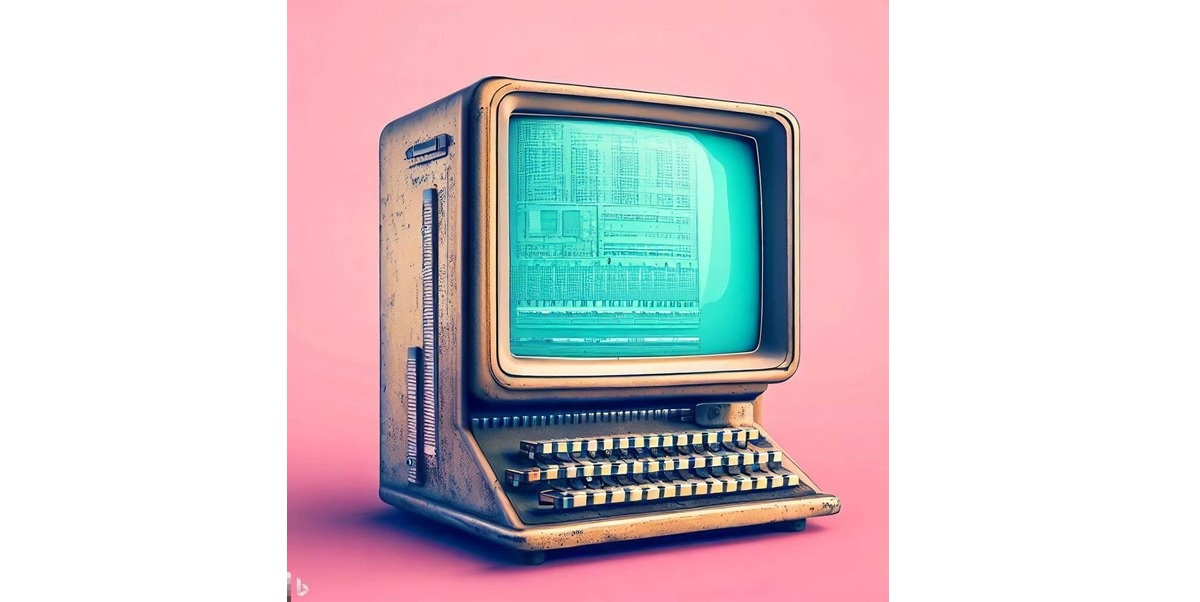
At HKHR Recruitment, we pride ourselves on being a digitally advanced company at the forefront of the future of work and assessing changes in the recruitment industry. As such, we have watched with curiosity as the world
transitions from the Fourth Industrial Revolution (4IR) to the Fifth Industrial Revolution (5IR).
The 4IR, which began in the mid-2010s, has been characterized by increasing interconnectivity and
smart automation. It has brought about significant changes in the way we live and work, with
advances in technologies such as artificial intelligence, gene editing and advanced robotics blurring
the lines between the physical, digital and biological worlds.
Now, we are beginning to see the emergence of the 5IR. While it is difficult to pinpoint an exact date
for its start, it is clear that we are already seeing some of its effects. The 5IR encompasses the notion
of harmonious human-machine collaborations, with a specific focus on the well-being of multiple
stakeholders such as society, companies, employees, and customers. It is seen as an extension of the
4IR, is destined to improve the conditions and atmosphere of the workplace for people.
One key difference between the two revolutions is their focus. While the 4IR was largely driven by
technological advancements and their impact on society and industry, the 5IR places a greater
emphasis on human well-being and collaboration. This includes a focus on environmental
sustainability in relation to the future of work.
As Kate Choyce, MD of HKHR Recruitment, notes: “The 5IR represents a significant shift in our
approach to technology and its role in society. At HKHR Recruitment, we are excited to be at the
forefront of this change, leveraging new technologies to improve the well-being of our employees
and clients.”
To illustrate this point further, let us consider a hypothetical example. Imagine a company that has
embraced the principles of the 5IR and implemented advanced technologies such as artificial
intelligence and robotics in its operations. These technologies work in harmony with human
employees, augmenting their capabilities and allowing them to focus on more creative and fulfilling
tasks. The company also places a strong emphasis on environmental sustainability, using renewable
energy sources and implementing sustainable practices throughout its operations.
In addition to these changes within individual companies, we are also seeing broader shifts in society
as a whole. For example, concepts such as universal basic income (UBI) are being discussed as
potential solutions to ease the impact of automation and mass unemployment.
However, there are also risks associated with this transition. The rapid pace of technological change
can be difficult for individuals and organizations to keep up with, and there is a risk that some
people may be left behind. There is also a risk that new technologies could be misused or abused,
leading to negative consequences for society.
Despite these risks, there are many exciting developments taking place in the field of 5IR
technologies. Some examples include advanced robotics Despite these risks, there are many exciting
developments taking place in the field of 5IR technologies. One example is the Smart CV technology
developed by HR Tech International. This technology automates the interview process and provides
non-biased results through gamification. Results are available within 5 minutes of completion,
allowing companies to make informed hiring decisions quickly and efficiently 1.
Companies such as HR Tech International are at the forefront of this change, leveraging new
technologies to improve the recruitment process and the well-being of their employees and clients.
In conclusion, there are many exciting developments taking place in the field of 5IR technologies.
These emerging technologies hold significant potential for improving the way we live and work, but
it is important to carefully manage their risks and ensure that they are used for the benefit of society
If you would like to keep the conversation going or hear more about how HKHR are already The
Future of Work email us now at Sarah@HKHR.Asia
